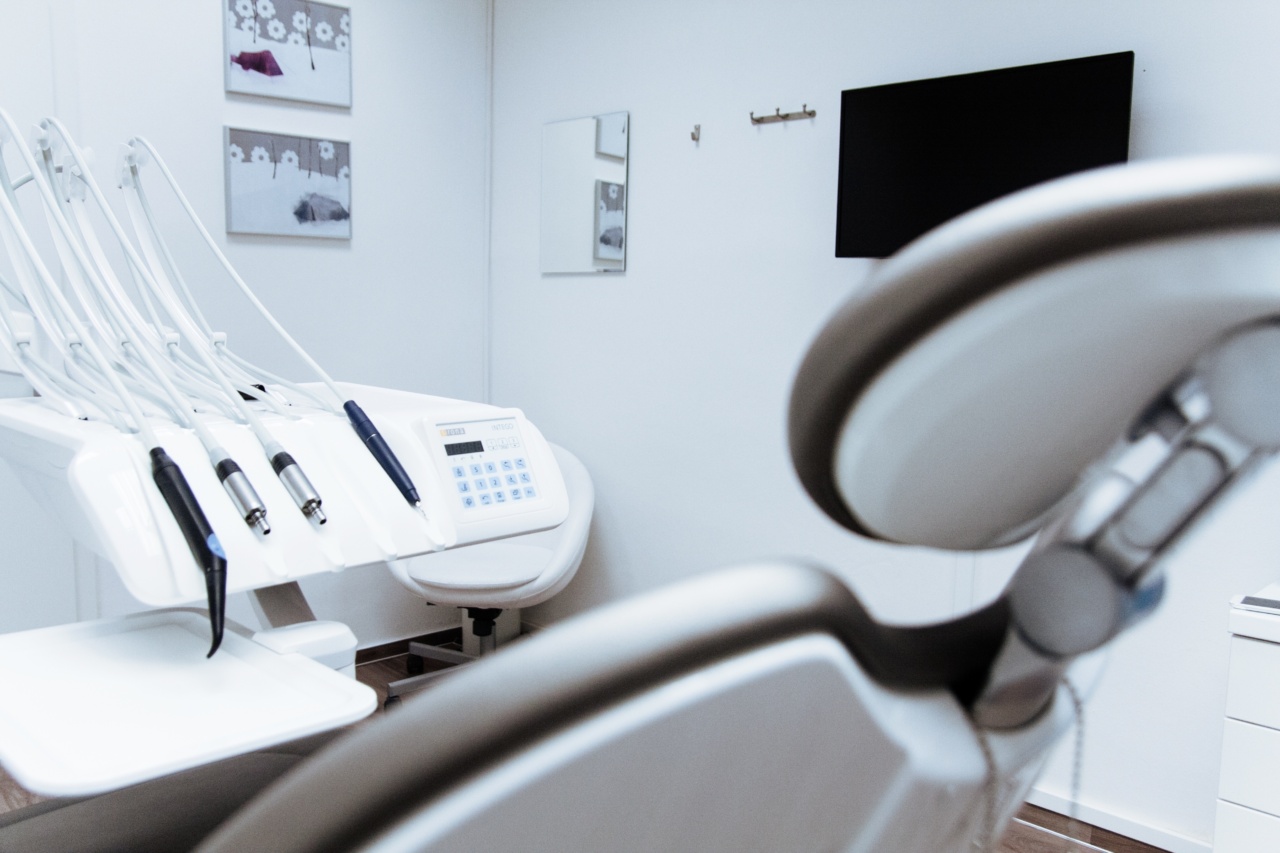Oral health goes beyond the mouth and can affect the overall health of the body. One such example is the connection between oral health and pneumonia. Pneumonia is a severe lung infection that can lead to complications.
Several studies have shown that poor oral hygiene can increase the risk of developing pneumonia.
How is pneumonia caused?
Pneumonia is caused by bacteria, viruses, and other microorganisms. The bacteria Streptococcus pneumoniae are the most common cause of bacterial pneumonia. When these bacteria are inhaled, they can settle in the lungs and create an infection.
Pneumonia can also be caused by other bacteria like Haemophilus influenzae and Legionella pneumophila, as well as viruses like the flu virus (influenza A & B), respiratory syncytial virus (RSV), rhinovirus, and others.
How is oral health connected to pneumonia?
Many types of bacteria that grow in the mouth can cause pneumonia when they’re inhaled into the lungs. These bacteria can enter the lungs through aspirations, which happens when small droplets containing the bacteria are inhaled into the lungs.
Aspiration can occur naturally during sleep, but it is more prevalent in people with certain medical conditions like Parkinson’s disease, stroke, and muscular dystrophy. This is because these conditions affect the ability to swallow and cough, making it easier for bacteria to enter the lungs.
People with poor oral hygiene or gum disease are at a higher risk of aspirating bacteria into the lungs. This is because gum disease causes oral bacteria to grow in large quantities, which can then travel into the lungs.
Moreover, if you have a cut or sore in your mouth, it can serve as an entry point for these bacteria, leading to an infection.
Is there any scientific evidence that supports the connection between oral health and pneumonia?
Several studies have found evidence of the connection between oral health and pneumonia.
A study published in the Journal of Periodontology found that people with periodontitis (a severe form of gum disease) were at a higher risk of developing pneumonia than people without gum disease. Another study published in the Journal of Dental Research found that patients with poor oral hygiene had a higher risk of developing pneumonia after being intubated and placed on a ventilator than patients with good oral hygiene.
Moreover, a study published in the Journal of Applied Oral Science looked into the correlation between the bacterial species found in the mouth and the bacteria found in lung secretions of elderly pneumonia patients.
They found a high level of similarity between the bacterial species found in the oral cavity and the bacteria causing pneumonia in these patients.
What are the symptoms of pneumonia?
Pneumonia can cause a variety of symptoms, including:.
- Coughing (which may produce phlegm)
- Fever
- Shortness of breath
- Chest pain
- Fatigue
- Muscle aches
These symptoms can vary depending on the type of pneumonia and the severity of the infection. Older adults, young children, and people with weakened immune systems are at a higher risk of developing severe pneumonia.
What can you do to reduce the risk of developing pneumonia due to poor oral health?
Maintaining proper oral hygiene can help reduce the risk of pneumonia caused by bacteria in the mouth. This involves:.
- Brushing teeth twice a day with fluoride toothpaste
- Flossing daily to remove food debris and bacteria between teeth
- Using an antiseptic mouthwash to kill bacteria in the mouth
- Having regular dental check-ups and cleanings to remove plaque
If you have dentures, it is also essential to clean them every day and remove them at night to allow the gums to rest and recover.
Conclusion
Pneumonia is a serious lung infection that can cause complications, and poor oral hygiene can increase the risk of developing pneumonia by allowing oral bacteria to enter the lungs.
Maintaining good oral hygiene through regular brushing, flossing, and dental check-ups reduces the risk of pneumonia caused by bacteria in the mouth. Therefore, taking care of your oral health is vital for maintaining overall body health.

























